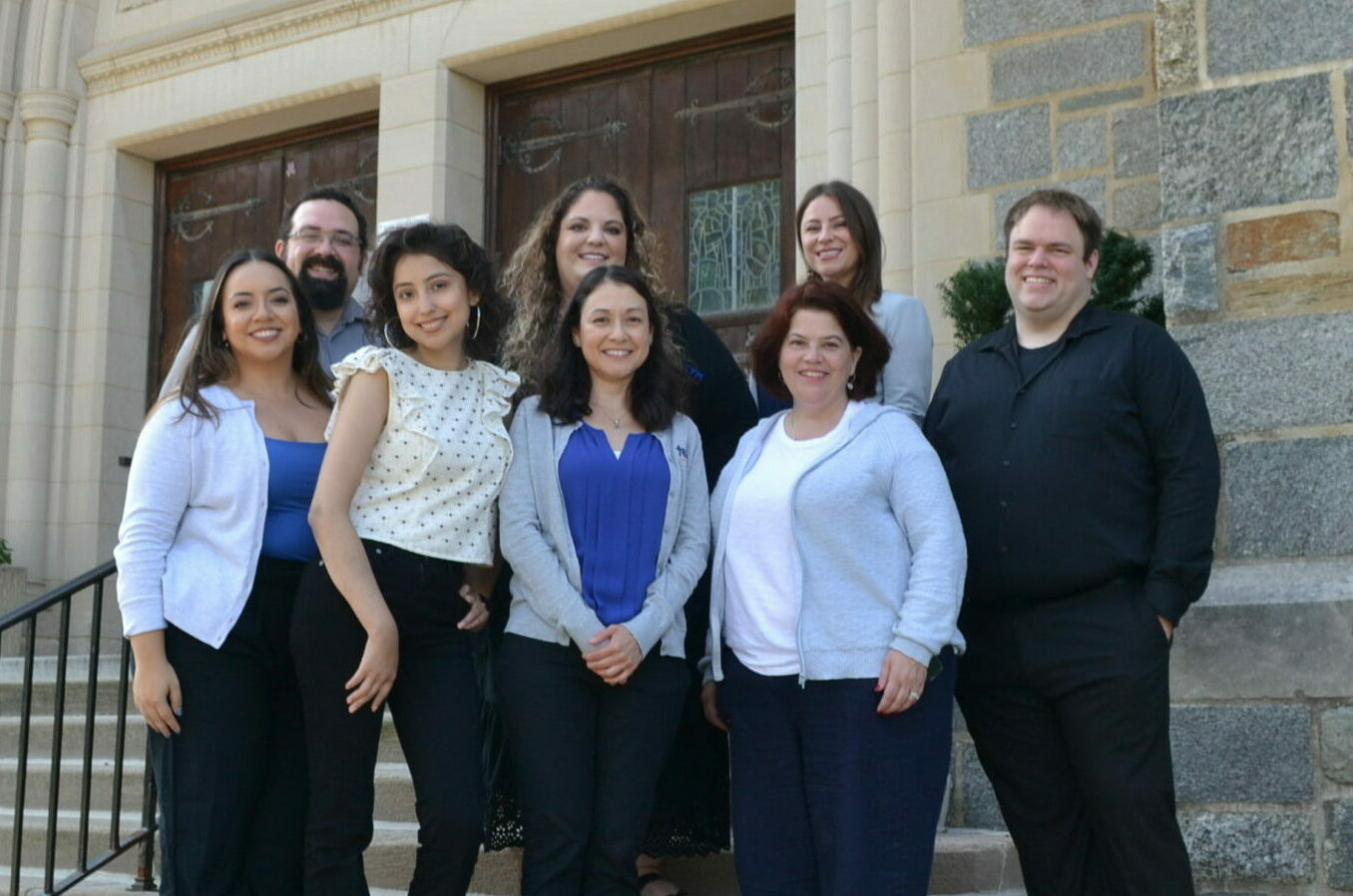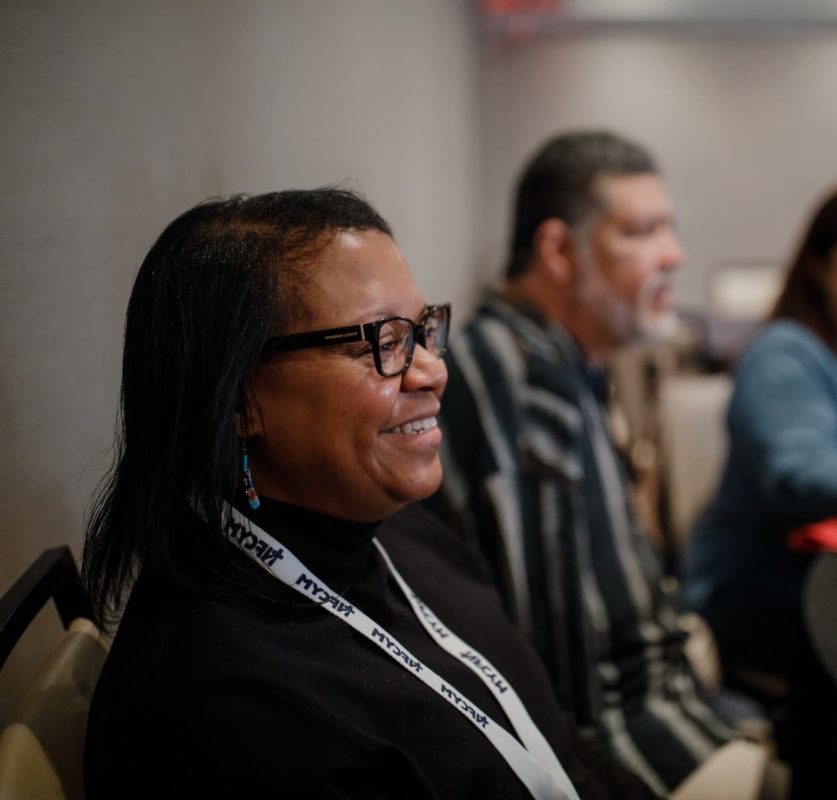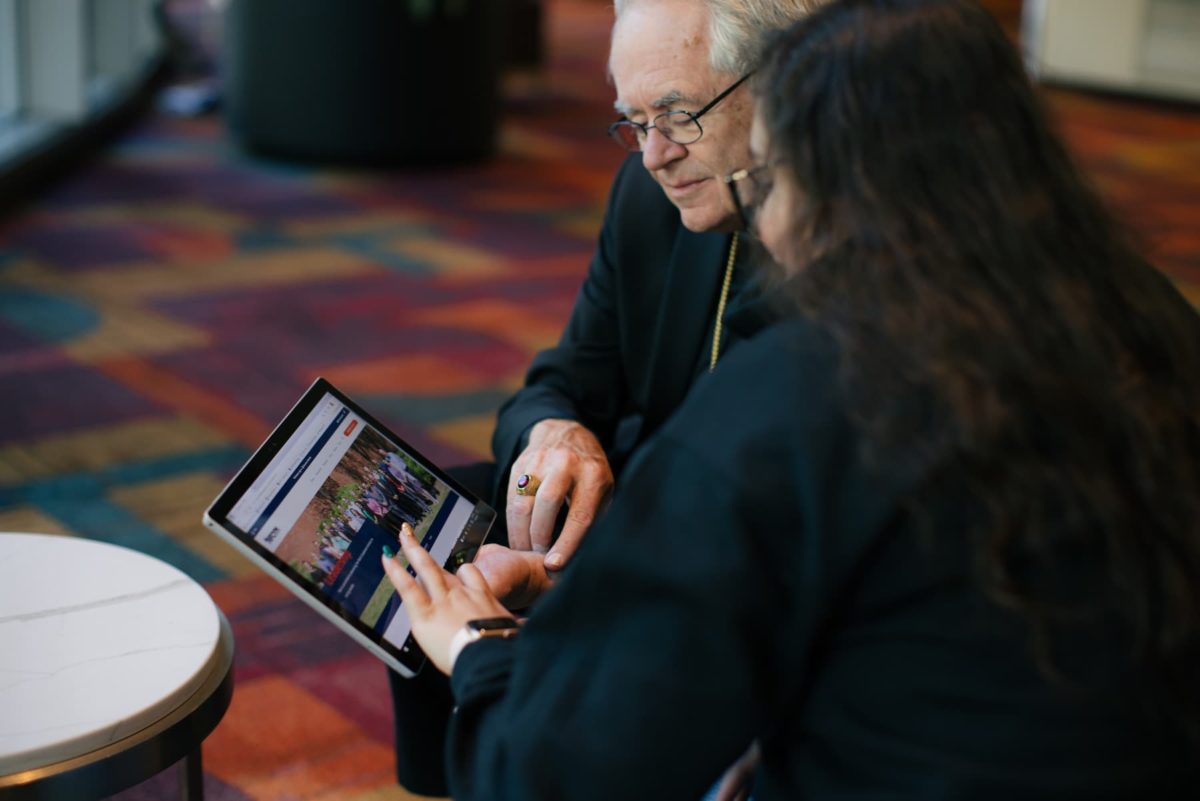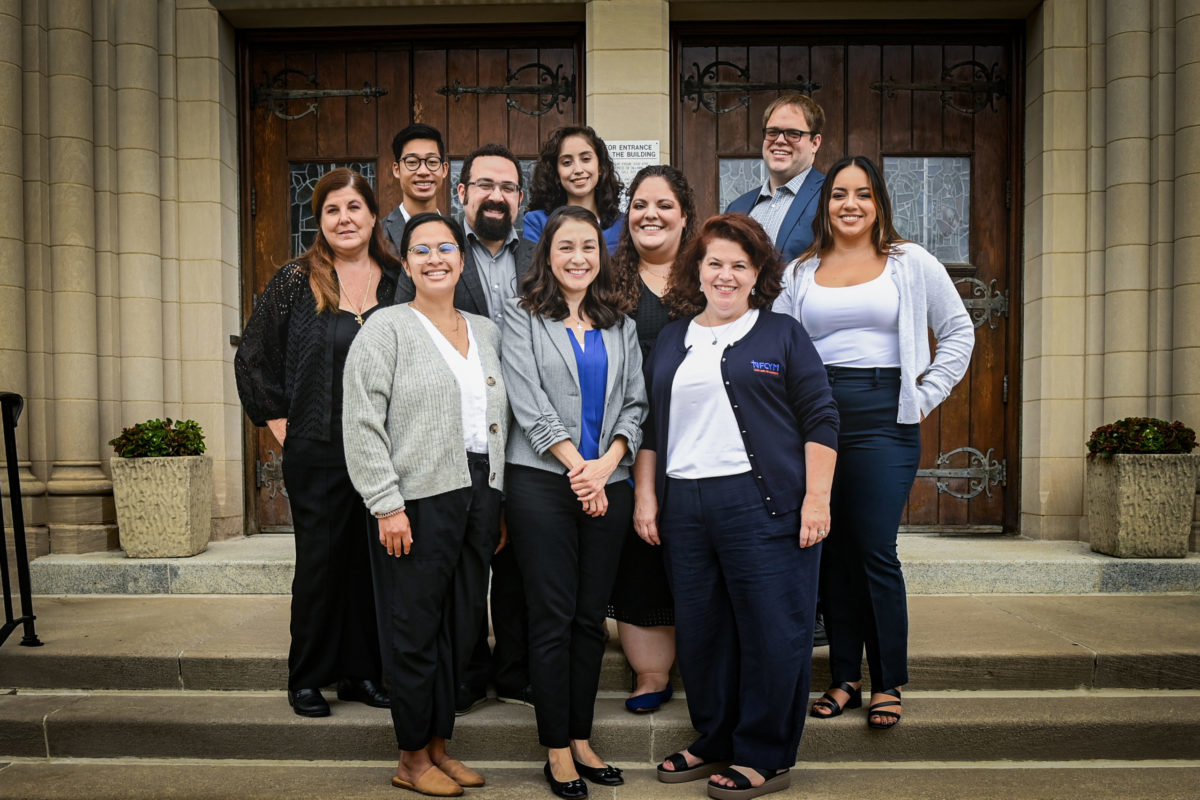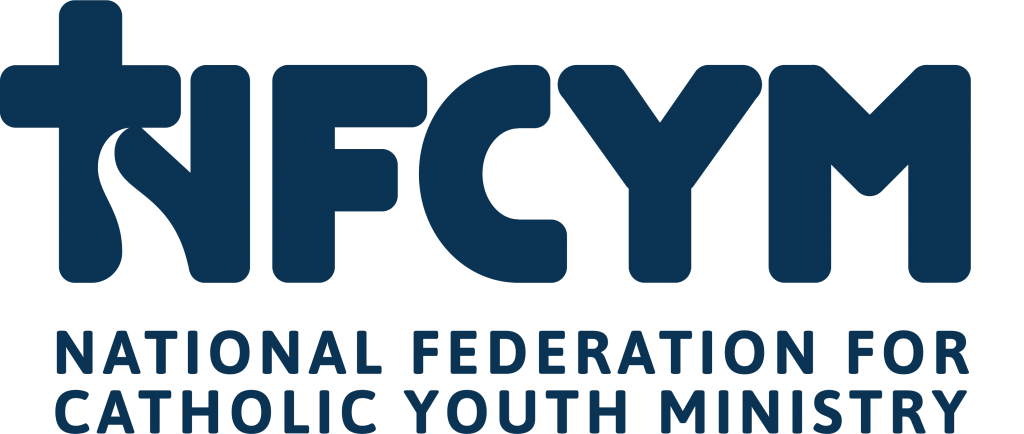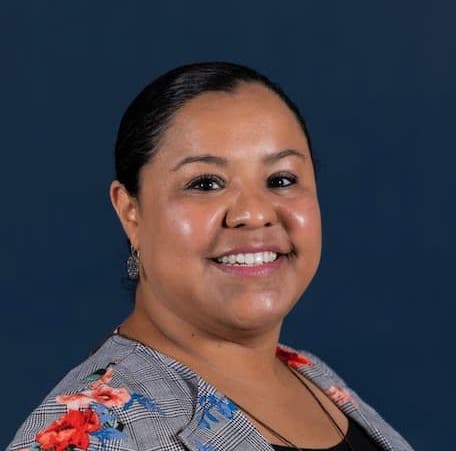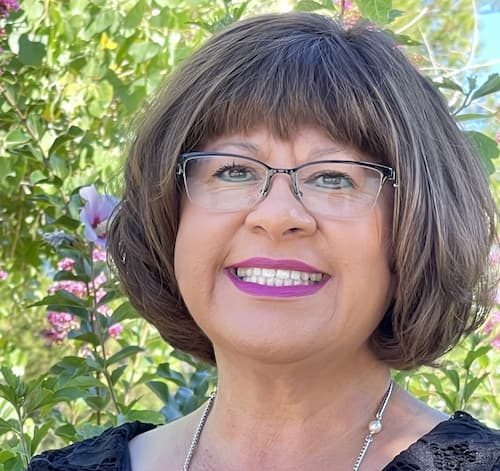Bylaws
Bylaws
We’re committed to advancing the field of pastoral ministry to young people.
Who We Are
1.1 Offices and Agent.
1.1.1. National Federation for Catholic Youth Ministry, Inc. (NFCYM), as a nonprofit corporation formed in the District of Columbia, shall have and continuously maintain a registered office and registered agent as required by District of Columbia Nonprofit Corporation Act as amended from time to time (the Act).
1.1.2. NFCYM may have offices at any other places, both within and outside the District of Columbia, that the NFCYM board of directors (Board) determines.
1.2 Seal.
1.2.1. NFCYM has adopted a corporate seal that is circular in form and has inscribed thereon the name of the corporation, the year of its organization (1982), and the words “Corporate Seal, District of Columbia.”
1.2.2. NFCYM may alter its seal and may cause it or a facsimile to be impressed or affixed or reproduced or otherwise upon documents as needed.
2.1 Member Categories.
NFCYM is a corporation with members having rights as provided in the Act, except as may be limited by these bylaws, divided into four categories (in alphabetical order) of dues-paying members:
2.1.1 Associate members: individuals who are engaged in ministerial roles relevant to young Catholics and who support the mission, vision, and values of NFCYM.
2.1.2 Constitutive member: National Catholic Committee on Girl Scouts and Camp Fire.
2.1.3 Diocesan members: the Catholic Latin-rite dioceses and Eastern-rite eparchies of the United States.
2.1.4 Organizational (nonprofit or for-profit) members: any youth-oriented group or organization, educational/formational organization, resource/publishing organization, religious order, or ministerial organization that the Board determines shares in and actively supports the mission, vision, and values of NFCYM, except that the Board shall cap admission of for-profit members at a number not to exceed 5% of the sum of (1) the number of votes that may be cast by the associate members per Section 2.4.1, plus (2) the number of votes that may be cast by the constitutive member per Section 2.4.2, plus (3) the number of diocesan members.
2.2 Admission.
The Board delegates to the executive director the authority to approve membership applications and dues payment, all in accordance with criteria and dues schedule that the Board determines.
2.3 Termination.
2.3.1. The Board in its discretion may terminate any member’s membership for the reasons set out in the relevant Board policies when the Board believes it is reasonable to do so, including but not limited to nonpayment of dues.
2.3.2. A member may terminate membership by resignation at any time by giving written notice to the executive director.
2.3.3. NFCYM will not refund dues upon a member’s termination.
2.4 Member Voting Rights.
Each member has the right to vote on all matters that the Board brings to the members for a vote and all additional rights that the Board determines, as follows:
2.4.1 Associate members. The associate members are grouped into the Episcopal Regions defined by the United States Conference of Catholic Bishops (USCCB), and the associate members in each USCCB Episcopal Region cast one vote on behalf of all the associate members in that USCCB Episcopal Region in a manner discerned by those associate members.
2.4.2 Constitutive member. The constitutive member has one vote per Episcopal Region, to be cast by a representative in a manner discerned by the constitutive member’s representatives in each Episcopal Region.
2.4.3 Diocesan members. Each Catholic Latin-rite diocese member and Eastern-rite eparchy member has one vote, to be cast by its representative, typically the bishop or eparch or his designee, in a manner discerned by each diocesan member.
2.4.4 Organizational (nonprofit or for-profit) members. Each organizational member has one vote to be cast by its representative in a manner discerned by each organizational member, typically by chief executive officer or his or her designee.
2.5 Meetings.
2.5.1. NFCYM shall hold an annual meeting of the members (AMM), typically in February.
2.5.2. NFCYM may hold other regular meetings of the members on the schedule that the Board adopts.
2.5.3. Upon written demand of 25% of the voting members, a special meeting of the members shall be called by the Board.
2.5.4. Meetings of members may be held entirely by means of communications technology that provides members the opportunity to hear (or depending on individual need, see signing or read words) the proceedings substantially concurrently with their occurrence, and to pose questions and make comments.
2.5.5. Within each Episcopal Region, the members of all membership categories located in that region may convene meetings as needed to perform regional membership functions and engage regional members.
2.6 Quorum.
A 25% of the voting members present by electronic ballot constitutes a quorum for any meeting of the members.
2.7 Voting and Procedures.
2.7.1. NFCYM voting members have the voting powers and responsibilities of the members of a nonprofit membership corporation under the Act, except as limited by these bylaws.
2.7.2. The voting members shall vote on all matters put forth to them by the Board, including but not limited to voting annually for a slate of directors.
2.7.3. All voting by members must take place by electronic ballot conducted in advance of meetings.
2.7.4. All solicitations for votes by electronic ballot must: (1) indicate the number of responses needed to meet the quorum requirements; (2) state the percentage of approvals necessary to approve each matter other than election of directors; and (3) specify the date by which a ballot must be received by NFCYM in order to be counted.
2.7.5. A member may not vote by proxy.
2.8 Vote Needed to Carry.
Throughout these bylaws, references to voting, discernment, consensus, election, and the like may be used interchangeably to refer to:
(a) the affirmative vote of at least 80% of the votes cast by members voting at a meeting at which a quorum is present in person, which shall be the act of the members and shall carry; or
(b) the affirmative vote of at least 80% of the votes cast by members voting by electronic ballot where a quorum is present by electronic ballot, which shall be the act of the members and shall carry.
3.1 Powers.
The Board shall have all powers set forth in the Act, and the activities and affairs of NFCYM shall be managed by or under the direction, and subject to the oversight, of the Board.
3.2 Number.
The number of directors to be elected by the members must be fixed by Board resolution, but may not be fewer than 12 or more than 16 persons, and comprises the following:
3.2.1 six directors selected from among the Episcopal Regional candidates
3.2.2 one director who must be a bishop and is called the Episcopal Advisor
3.2.3 three to seven at-large directors to bring expertise or experience that the Board determines in its sole discretion is in the best interests of NFCYM; and
3.2.4 two ex-officio nonvoting directors: the NFCYM executive director and a mutually agreed upon liaison from the USCCB.
3.3 Election; Term.
3.3.1. Directors are elected by the members at the AMM.
3.3.2. Generally, each director’s term is three years, commencing July 1 and expiring June 30 three years afterwards.
3.3.3. In order to stagger the terms of directors, beginning in 2022, the directors will be divided into three approximately equal classes, and the first three classes will serve terms of one, two, and three years, respectively. Thereafter, each director holds office until June 30 after the third annual meeting subsequent to his or her election, with approximately one-third of the directors elected at each AMM.
3.3.4. A director may serve two consecutive terms and then after a break in service may be elected for no more than an additional two consecutive terms.
3.4 Removal.
A director may be removed only in accordance with the Act.
3.5 Resignation.
A director may resign upon written notice to the chair, executive director, or secretary of the Board.
3.6 Vacancy.
A Board vacancy created by removal or resignation may be filled for the balance of the unexpired term by the Board.
3.7 Meetings.
3.7.1. The Board shall hold an annual meeting, typically in May, and at least two other regular Board meetings on the schedule that the Board adopts.
3.7.2. Upon written demand of at least 25% of the voting directors, the chair must call a special meeting of the Board.
3.7.3. Board meetings may be held entirely by means of communications technology that provides directors the opportunity to hear (or depending on individual need, see signing or read words) the proceedings substantially concurrently with their occurrence and to pose questions and make comments.
3.7.4. The chair may bring a Board meeting into executive session for specific discussions with the voting directors’ approval.
3.7.5. An executive session is limited to the voting directors and the Episcopal Advisor, but the chair, in his or her discretion, may invite the executive director to participate in an executive session.
3.8 Quorum.
A majority of the voting directors present and including at least one officer constitute a quorum for any Board meeting.
3.9 Voting Rights.
Each voting director has one vote.
3.10 No Proxies.
A director may not vote by proxy.
3.11 Vote Needed to Carry.
Throughout these bylaws, references to voting, discernment, consensus, election, and the like may be used interchangeably to refer to the affirmative vote of at least 80% of a quorum of the directors at a meeting at which a quorum is present, which shall be the act of the Board and shall carry.
3.12 Indemnification.
NFCYM shall indemnify and advance expenses to a director or officer to the full extent permitted by law.
3.13 Insurance.
NFCYM shall purchase and maintain appropriate insurance coverage, including but not limited to directors’ and officers’ liability insurance.
4.1 Election.
The officers must be elected annually by the Board from among voting directors at the Board’s annual meeting.
4.2 Offices and Duties.
The officers and their duties are:
4.2.1 Chair. The chair is the president of the corporation. The chair has all powers and shall perform all duties commonly incident to and vested in the office of chair and president of a District of Columbia nonprofit corporation. The chair shall preside at all meetings of the members and the Board. The chair shall serve as an ex officio voting member of all committees. The chair shall see that all Board orders and resolutions are carried out and perform all additional duties that the Board determines.
4.2.2 Vice Chair. In the absence of the chair from any meeting, the vice chair shall assume all responsibilities for the conduct of that meeting.
4.2.3 Secretary. The secretary shall record or cause to be recorded all votes and minutes of all proceedings of the Board and members. The secretary shall report the minutes to the Board and members within 60 calendar days of the meeting, attest documents, and oversee other secretarial duties that are customary for a corporate secretary and that the Board determines. The secretary may delegate his or her duties to a designee.
4.2.4 Treasurer. The treasurer shall oversee the administration of all general funds and assets of NFCYM and shall have the powers and duties that are customary for a corporate treasurer and that the Board determines. The treasurer must be a voting member of any committee with jurisdiction over finance. The treasurer may delegate his or her duties to a designee.
4.3 Term.
Each officer’s term is one year, commencing July 1 and expiring the following June 30.
4.4 Removal.
An officer may be removed by the Board with or without cause.
4.5 Resignation.
An officer may resign upon written notice to the chair, executive director, or the secretary of the Board.
4.6 Vacancy.
An officer vacancy created by removal or resignation may be filled for the balance of the unexpired term by the Board at any Board meeting.
5.1 Executive Committee.
5.1.1. The Board shall have an executive committee comprising the officers and the executive director who serves ex officio without vote.
5.1.2. The executive committee has the duties that the Board determines and the power to act for the Board between meetings of the Board and shall report to the Board at the Board’s next meeting.
5.1.3. At an executive committee meeting, a quorum is three voting members.
5.1.4. A majority vote of a quorum at an executive committee meeting carries.
5.2 Nominating Committee.
5.2.1. The Board shall have a nominating committee comprising four voting directors, elected annually by the Board, and the executive director who serves ex officio without vote.
5.2.2. The primary duties of the nominating committee are to receive a Board director candidate from each Episcopal Region, search out at-large director candidates, and then propose to the Board a slate of director nominees, which in turn the Board affirms and presents to the members for approval.
5.2.3. The nominating committee shall also present nominees to the Board to fill vacancies per section 3.6.
5.2.4 The committee has the additional duties that the Board determines.
5.2.5. At a nominating committee meeting, a quorum is three voting members.
5.2.6. A majority vote of a quorum at a nominating committee meeting carries.
5.3 Other Committees.
5.3.1. The Board may designate and appoint the members of other committees for the purposes, with the powers and duties, and for the duration that the Board determines.
5.3.2. At a meeting of any other committee, a quorum is three members.
5.3.3. A majority vote of a quorum at the meeting of any other committee carries.
6.1 Principal Duties.
The Board shall employ as the chief executive officer of day-to-day operations an executive director, who reports to and serves at the pleasure of the Board.
6.2 Other Duties.
The executive director has the other duties that the Board determines.
6.3 Ex Officio Roles.
The executive director is an ex officio director and member of the executive committee and all other committees, in all cases without the right to vote.
7.1 Organizational Policies and Procedures Handbook.
The Board shall adopt an organizational policy and procedures handbook (OPPH), which must include the policies described in Sections 7.2-7.4.
7.2 Conflict of Interest Policy.
The Board shall adopt a conflict of interest policy that complies with the Act and the Internal Revenue Code.
7.3 Whistleblower Policy.
The Board shall adopt a whistleblower policy that complies with the Act and the Sarbanes-Oxley Act.
7.4 Records Retention/Destruction Policy.
The Board shall adopt a records retention and records destruction policy that complies with the Act and the Sarbanes-Oxley Act.
8.1 Notices.
8.1.1. Except as set out in Section 8.1.2, written notice (including but limited to notice sent by electronic mail) of the date, time, and place of any members’ meeting must be given to each person entitled to notice not less than 60 days before the day appointed for the meeting.
8.1.2. Except regarding proposed amendments to the Articles and bylaws or special meeting, the matters to be voted upon at any duly called members’ meeting are not required to be set forth in the meeting notice.
8.2 Waiver of Notice.
8.2.1. Whenever any notice is required to be given by the Act, the Articles, or these bylaws, a waiver of notice may be executed in writing by the person entitled to the notice, whether before, during, or after the time stated in the notice, and the waiver constitutes the equivalent of receiving the notice.
8.2.2. Attendance at a meeting constitutes a waiver of notice of the meeting, except where a person attends a meeting for the express purpose of objecting to the transaction of any business because the meeting allegedly was not lawfully called or convened.
8.3 Amendments of Bylaws.
8.3.1. Except as otherwise provided by the Act, the Articles, or these bylaws, these bylaws may be altered, amended, or repealed by the vote of the members, so long as written notice setting forth the substance of the proposed amendment put forth by the Board was sent to each voting member at least 30 days in advance of voting.
8.3.2. The vote of the members entitled to vote may be taken by any means in accordance with Section 2.7.
8.4 Fiscal Year.
The NFCYM fiscal year begins on each July 1 and ends on the following June 30.
8.5. Accounting.
NFCYM financial books and records must be kept according to GAAP as they apply to nonprofit corporations and other standard accounting practices.
8.6 Interpretation.
In these bylaws, the following terms have the following meanings:
8.6.1. The “Act” means the D.C. Nonprofit Corporation Act of 2010, as currently in effect or later amended.
8.6.2 “Articles” means NFCYM articles of incorporation filed with the D.C. Department of Consumer and Regulatory Affairs on June 8, 1982, as amended.
8.6.3. “Episcopal Region” means one of the geographic regions defined by the USCCB for purposes of its proceedings.
8.6.4. “Including” means including but not limited to.
8.6.5. “USCCB” means the United States Conference of Catholic Bishops.

